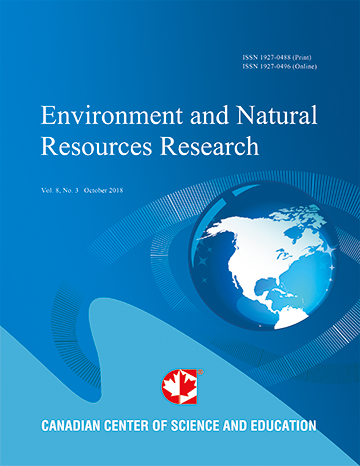Gender Relations in Environmental Entitlements: Case of Coastal Natural Resources in Tanzania
- Albinus Makalle
Abstract
The paper is about a study that rested on the mapping of how men and women gain entitlements (access to, ownership and control) of coastal resources through endowments, referred to herein as environmental entitlements. Environmental entitlements are enhanced by institutional means and mechanisms and the policy dimension of which demand specific forms of action to promote and protect them. The central role played by institutions (regularised patterns of behaviour between men and women in society) in bringing about changes to the environment and society relationships, was the premises of the study. The study explored on how men and women command natural resources that are instrumental to their wellbeing (van Ingen, Kawau, & Wells, 2002). A combination of data collection techniques were used, which included in-depth household interviews, focus group discussions, participant observations, and documentary review to capture the understanding of the relationship between environmental entitlements and gender roles. Various alternative conceptualisations of gender-environment relations, which can roughly be thought of as translations of the findings into the environment domain, were also used. As an action research, it highlighted a number of empowerment issues for participatory implementation with the focus on women. This is in recognition that there is undervaluation of both environmental resources and of women’s labour in managing and conserving these.
- Full Text:
 PDF
PDF
- DOI:10.5539/enrr.v2n4p128
Journal Metrics
Google-based Impact Factor (2016): 6.22
h-index (November 2017): 12
i10-index (November 2017): 19
h5-index (November 2017): 11
h5-median (November 2017): 12
Index
Contact
- Emily LinEditorial Assistant
- enrr@ccsenet.org
